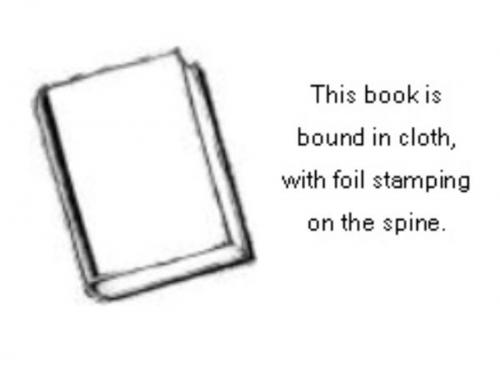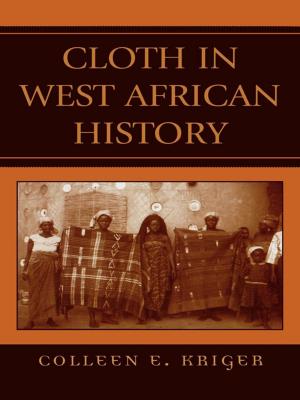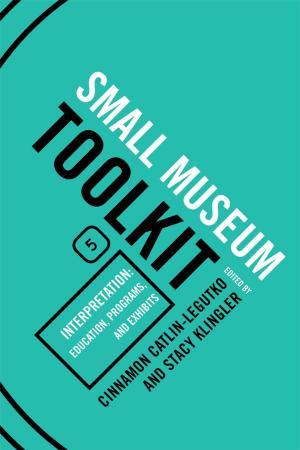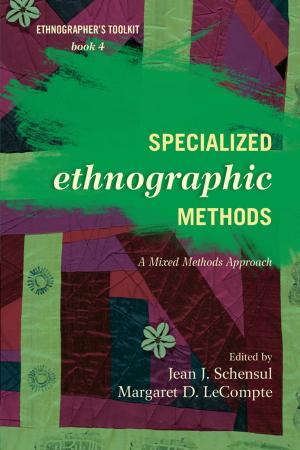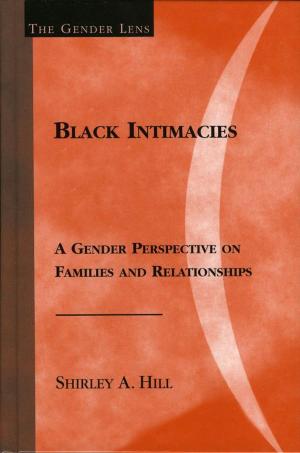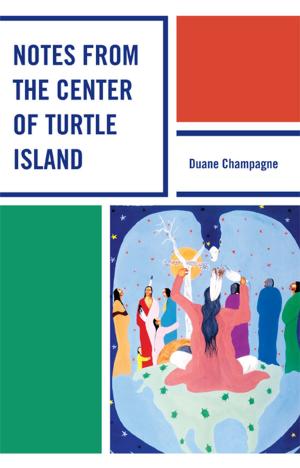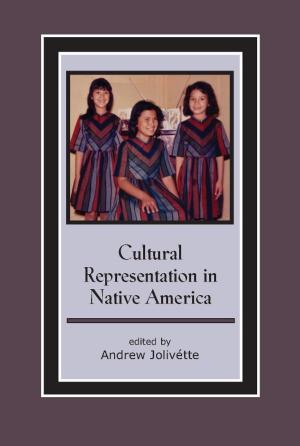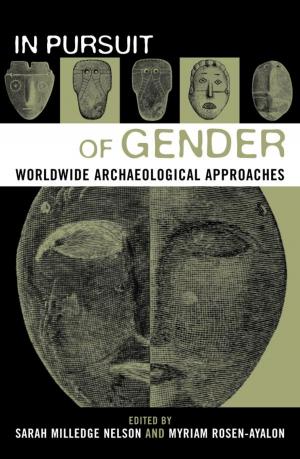Values and Valuables
From the Sacred to the Symbolic
Nonfiction, Social & Cultural Studies, Social Science, Anthropology| Author: | ISBN: | 9780759115903 | |
| Publisher: | AltaMira Press | Publication: | January 13, 2004 |
| Imprint: | AltaMira Press | Language: | English |
| Author: | |
| ISBN: | 9780759115903 |
| Publisher: | AltaMira Press |
| Publication: | January 13, 2004 |
| Imprint: | AltaMira Press |
| Language: | English |
In this exciting new volume from the Society for Economic Anthropology, Cynthia Werner and Duran Bell bring together a group of distinguished anthropologists and economists to discuss the complex ways in which different cultures imbue material objects with symbolic qualities whose value cannot be reduced to material or monetary equivalents. Objects with sacred or symbolic qualities are valued quite differently than mundane objects, and the contributors to this volume set out to unravel how and why. In the first of three sections, the authors consider the extent to which sacred objects can or cannot be exchanged between individuals (e.g., ancestral objects, land, dreaming stories). In the next section, contributors discuss the value and power of markets, money, and credit. They consider theoretical models for understanding money transactions, competing currencies, and the power of credit among marginalized groups around the globe. The last section examines the ways in which contemporary people bestow symbolic value on some objects (e.g., family heirlooms, pre-Columbian artifacts, fashion goods) and finally how some individuals themselves are valued in monetary and symbolic ways. With its emphasis on the interplay of cultural and economic values, this volume will be a vital resource for economists and economic anthropologists. Published in cooperation with the Society for Economic Anthropology. Visit their web page.
In this exciting new volume from the Society for Economic Anthropology, Cynthia Werner and Duran Bell bring together a group of distinguished anthropologists and economists to discuss the complex ways in which different cultures imbue material objects with symbolic qualities whose value cannot be reduced to material or monetary equivalents. Objects with sacred or symbolic qualities are valued quite differently than mundane objects, and the contributors to this volume set out to unravel how and why. In the first of three sections, the authors consider the extent to which sacred objects can or cannot be exchanged between individuals (e.g., ancestral objects, land, dreaming stories). In the next section, contributors discuss the value and power of markets, money, and credit. They consider theoretical models for understanding money transactions, competing currencies, and the power of credit among marginalized groups around the globe. The last section examines the ways in which contemporary people bestow symbolic value on some objects (e.g., family heirlooms, pre-Columbian artifacts, fashion goods) and finally how some individuals themselves are valued in monetary and symbolic ways. With its emphasis on the interplay of cultural and economic values, this volume will be a vital resource for economists and economic anthropologists. Published in cooperation with the Society for Economic Anthropology. Visit their web page.
